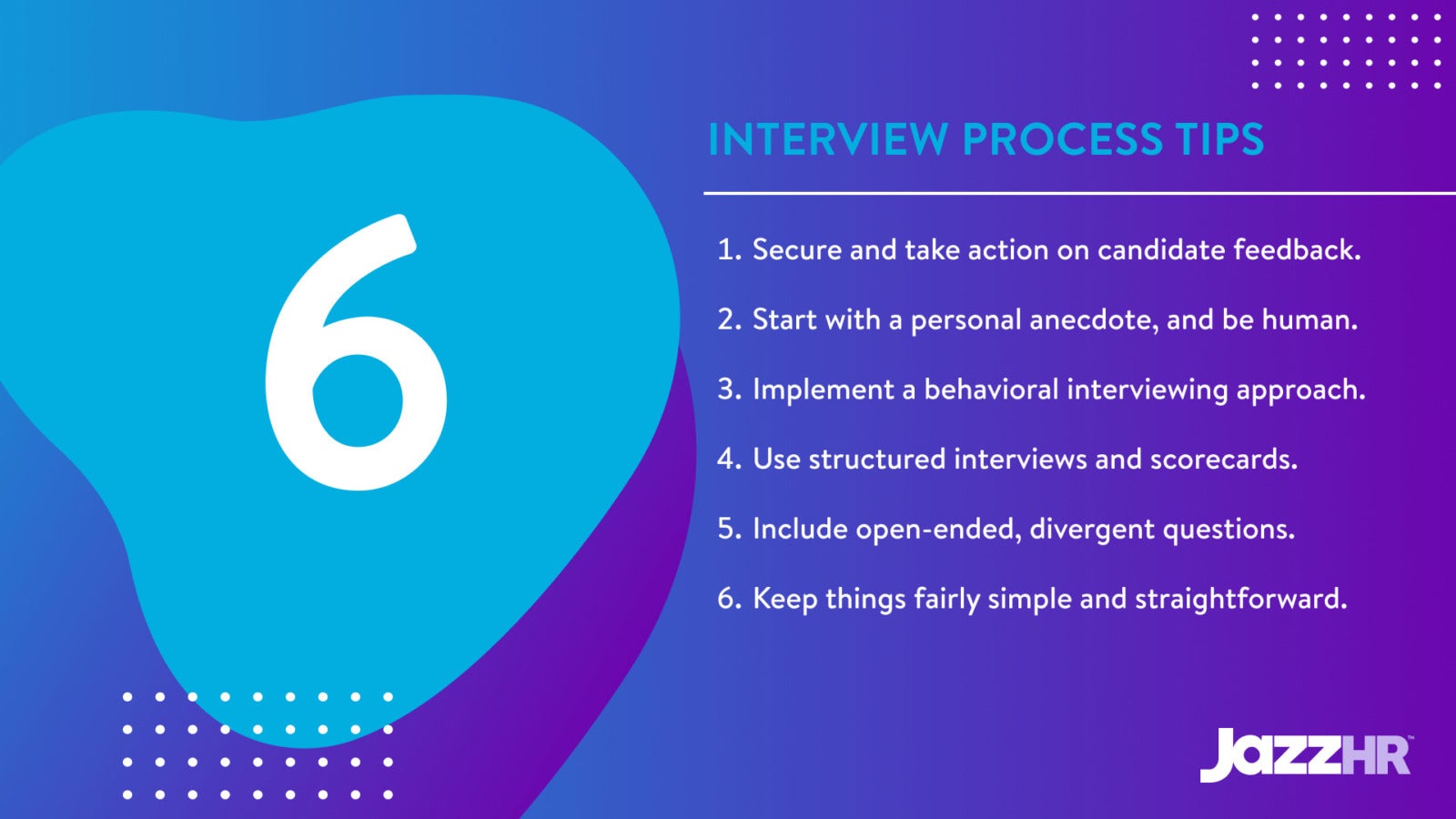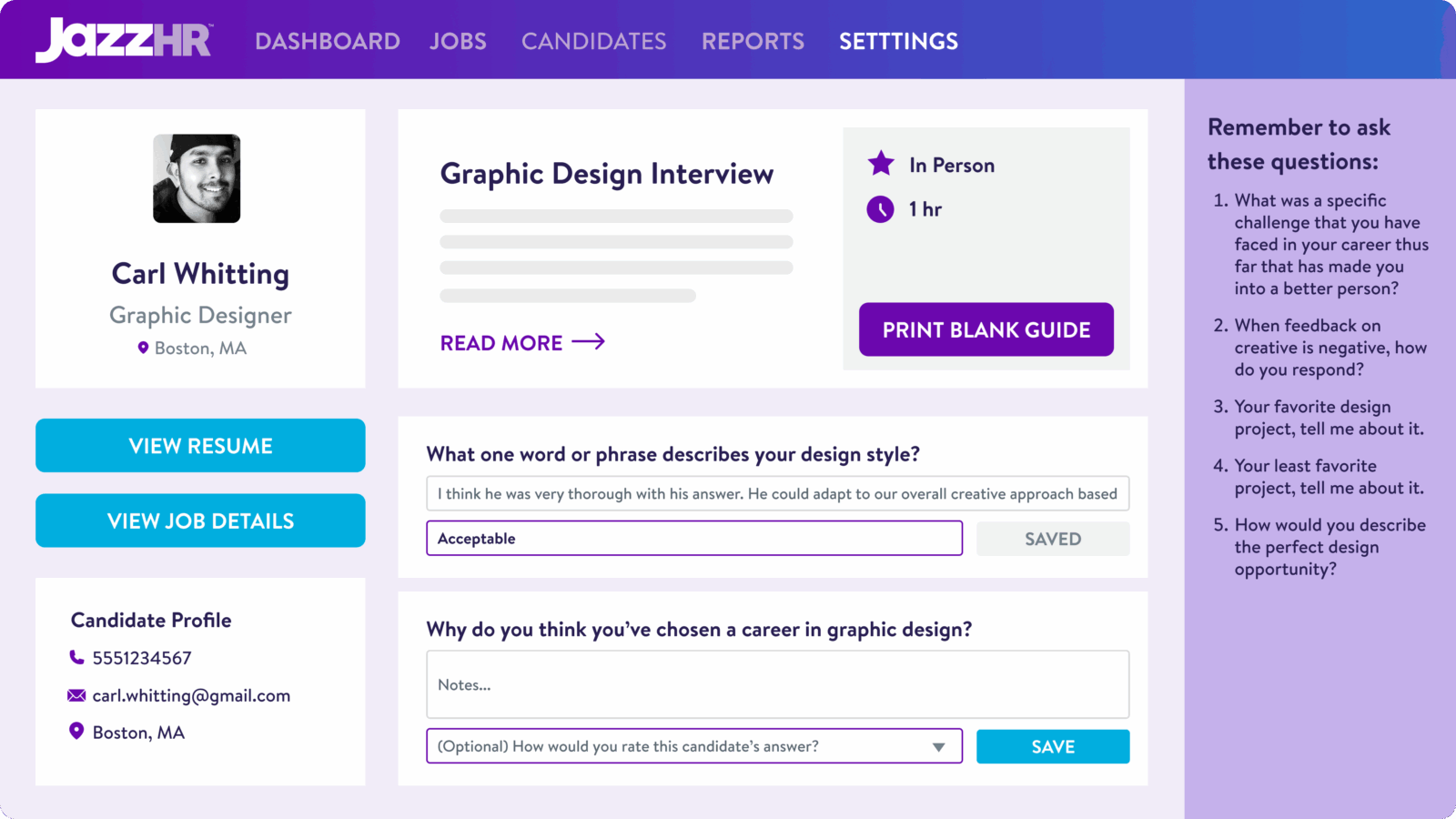Guest blog by Priority Bridge
Interviews can be stressful situations for interviewees and interviewers. Whether in person, over the phone, or via a video call, these interactions have a sizable impact on the company if the candidate is hired.
A great hire adds value to an organization. When a bad hire leaves an organization, on the other hand, more than human capital is lost. According to SHRM, the average cost of an entry-level new hire is $4,129.
- This means an employee that leaves the company also creates monetary and time losses.
By leveraging the interview process to identify candidates that are both well-qualified and aligned with the organizational values, your organization will save both time and money.
Here are some tips to help you conduct an effective interview, from beginning to end.

Interviewing tips for managers: Before the interview
Understand the position
In order to find a candidate whose skills and experience are best suited for the job, the interviewer must first have a solid understanding of the position. Knowing about the expectations, duties, and responsibilities of a particular job will arm you with the knowledge to find the ideal candidate.
Have a plan
Interviewers should plan what questions will be asked to ensure they are meaningful in determining the candidate’s fit with the position and the company culture.
Keep it open
Utilize open-ended questions to encourage conversation and to allow the candidate to provide more descriptive responses.
Be practical, not hypothetical
Frame questions as “Tell me about a time when…” rather than “How would you react if…”. The former behavioral question reveals how the candidate has handled a situation in the past, while the latter will only elicit a ‘perfect world’ type response of what they believe the interviewer wants to hear.
Practice, practice, practice
Candidates are told to practice their responses to increase effectiveness. Interviewers should do the same. Representing the company well and running the interview as smoothly as possible is one way to do this.
Review the resume
Reviewing the candidate’s resume right before the interview to refresh your memory, develop any last-minute questions about details it contains, and get in the right frame of mind.
Interviewing tips for managers: During the interview
Welcome the candidate
Be a welcoming host and try to help the candidate feel more at ease in a stressful situation.
Taking a few minutes to talk before diving into the questions can help them feel more comfortable and ready to show off their skills. Just remember that this is a professional meeting and to not get too friendly.
Take notes
Writing down some quick notes during the interview will help you recall important details later on. Also, jot down any additional questions that come to mind. (Yes, structured interviewing is ideal, but there are certainly times when a semi-structured interviewing approach works well too.)
Observe body language
What a candidate doesn’t say can tell just as much as what they do say.
Observing body language can be an additional tool to see how the candidate reacts in stressful situations and what their interpersonal communication skills are like; however, the interviewer needs to be careful that they are not using any form of bias while observing the candidate’s body language.
Be consistent
Ask different candidates applying for the same position the same questions. This facilitates comparisons between their responses, making it easier to determine the pros and cons of each candidate.
This also helps to level the playing field between candidates. Keep in mind that questions specific to each candidate regarding their experience and other job-related topics should be asked as well.
Reverse the roles
Let the interviewee take the driver’s seat to close out the interview. Asking the interviewee if they have any questions helps to gauge their interest in the position and if they did their homework prior to the interview.
Interviewing tips for managers: After the interview
Add to notes
Immediately after the interview, write some more in-depth notes before the details get a little foggy. These more detailed descriptions will make the deliberation process much easier as you will then have more information to work with.
Follow up
Make sure to give the candidate a timeline for when they should hear from the interviewer or hiring team. This clears up any uncertainties for the candidate and keeps the hiring process running on a steady schedule.
Remain Objective
After the interviewing stage is completed, it can be challenging to make an unbiased hiring decision. This is where Priority Bridge Cultural Fit Assessments are here to make your decision easier.
Improve your interviewing efforts — along with the rest of your talent acquisition approach — with help from JazzHR. Our ATS for SMBs can help your recruiters better attract and engage top candidates.







